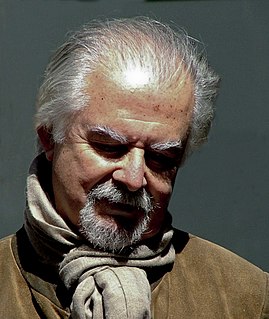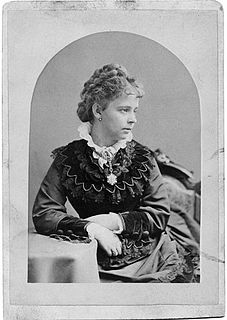A Quote by Louis Leakey
Colonial governors and senior civil servants are not easy people to argue with, and I was not popular because of my criticism of the colonial service in Kenya.
Related Quotes
The colonial regime makes sure, often with the help of surrogates, that radical leaders and those honest principled intellectuals and activists who refuse to compromise their principles of independence are eliminated, so that the postcolonial regime (and especially its resources) remains accessible. The result has been a disaster for the (post)colonial world.
I have seen Colonial churches since I was very small, Colonial painting and polychrome sculpture. And that was all I saw. There was not a single modern painting in any museum, not a Picasso, not a Braque, not a Chagall. The museums had Colombian painters from the eighteenth century and, of course, I saw Pre-Columbian art. That was my exposure.
Why I talked about political correctness: the colonial is now such a major taboo that any achievement of the colonial period, or any generosity implied in colonialism, is again fundamentally neglected or fundamentally not recognised. That's crazy, because history is a series of layers, and you cannot say, "This layer I support and this layer I cancel." History is history and you cannot retrospectively manipulate it.
I don't think it is always necessary to take up the anti-colonial -- or is it post-colonial? -- cudgels against English. What seems to me to be happening is that those people who were once colonized by the language are now rapidly remaking it, domesticating it, becoming more and more relaxed about the way they use it -- assisted by the English language's enormous flexibility and size, they are carving out large territories for themselves within its frontiers.
Zionism is an abominable, racist and colonial movement. Like all colonial and apartheid systems, it's in the interest of all that it be swept away. My hope is to see it replaced, without any bloodshed, with a democratic, secular and lay state – for example on the borders of historic Palestine – and where Palestinians and Israelis could live under equal rights of citizenship without ethnic and religious discrimination. It's a wish that I hope will soon become a reality.




































